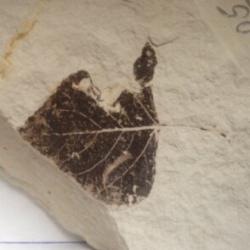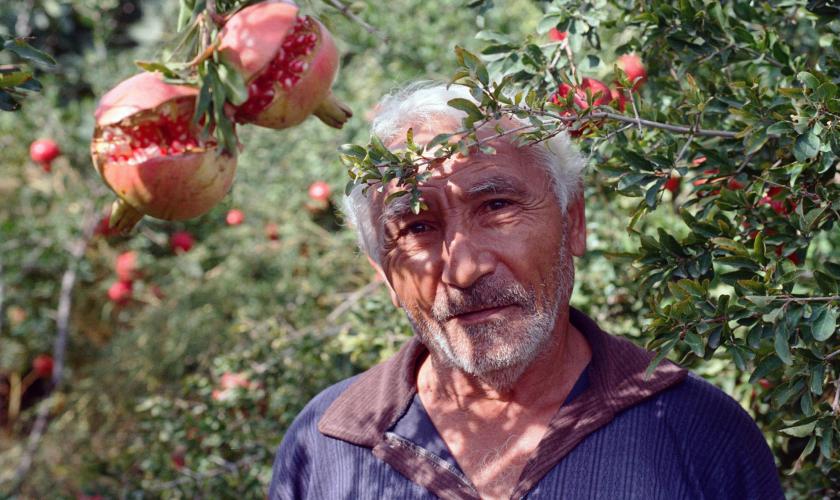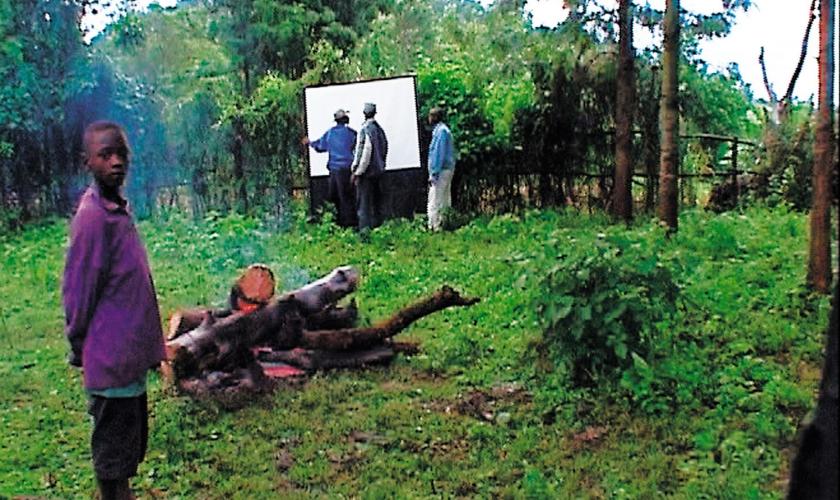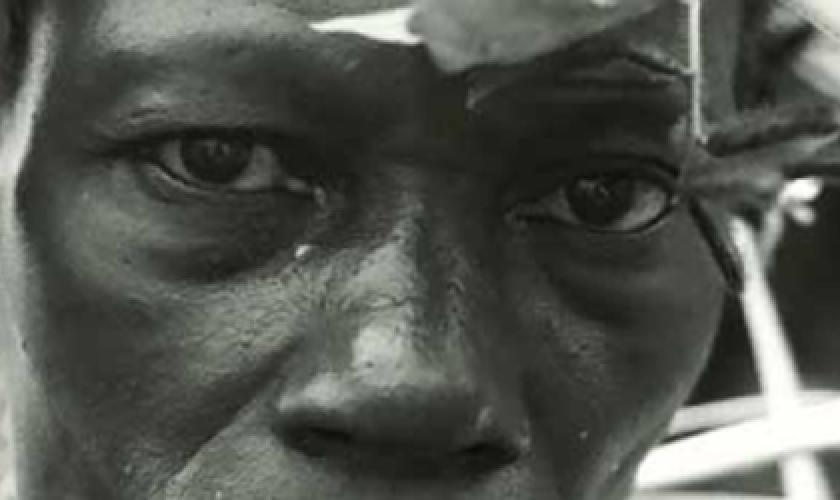JEREVAN - According to Armenians, the pomegranate symbolises the invincibility of the Armenian soul. From September, pomegranates begin to ripen. Their skin dries up while the flesh fills with moisture.
When the pomegranates are ripe, they burst open and the crimson seeds emerge. From October to December, you see them lying, like shards on windowsills and coffee tables, scattered all over the country.
Photographer Emiel Petrovitch and writer Johannes Decat travelled to Armenia this autumn, hoping to capture pieces of that red-ripened Armenian soul.
It soon became clear that the country is at a key moment in its history. On 19 September, neighbouring Azerbaijan managed to take the disputed Armenian exclave of Nagorno-Karabakh. Over 100,000 ethnic Armenians, the bulk of the local population, fled to the motherland.
A month later, few people seem to be awake to Armenia. However, many questions remain unanswered. What about the 100,000 refugees now living in Armenia? Can Armenian President Pashinyan stay on? Should the country fear another attack, this time in the south of the country? Who can Armenia still count on, now that both Russia and the EU are looking the other way? Which path will the country take?
Looking for answers, Emiel and Johannes spoke to Armenians from all walks of life, from human rights activists to farmers ready to take up arms for their dream of a Greater Armenia. They were allowed to have coffee with mothers of fallen and missing soldiers and visited border villages where people have learned to live in the crosshairs of enemy snipers. You can read these and plenty of other sprinkled stories in a series of articles in MO* and Apache.
ONLINE/PRINT
- Als de granaatappels rijp zijn, Apache, 8 december 2023.
- Als de granaatappels rijp zijn, MO*, 6 december 2023.





